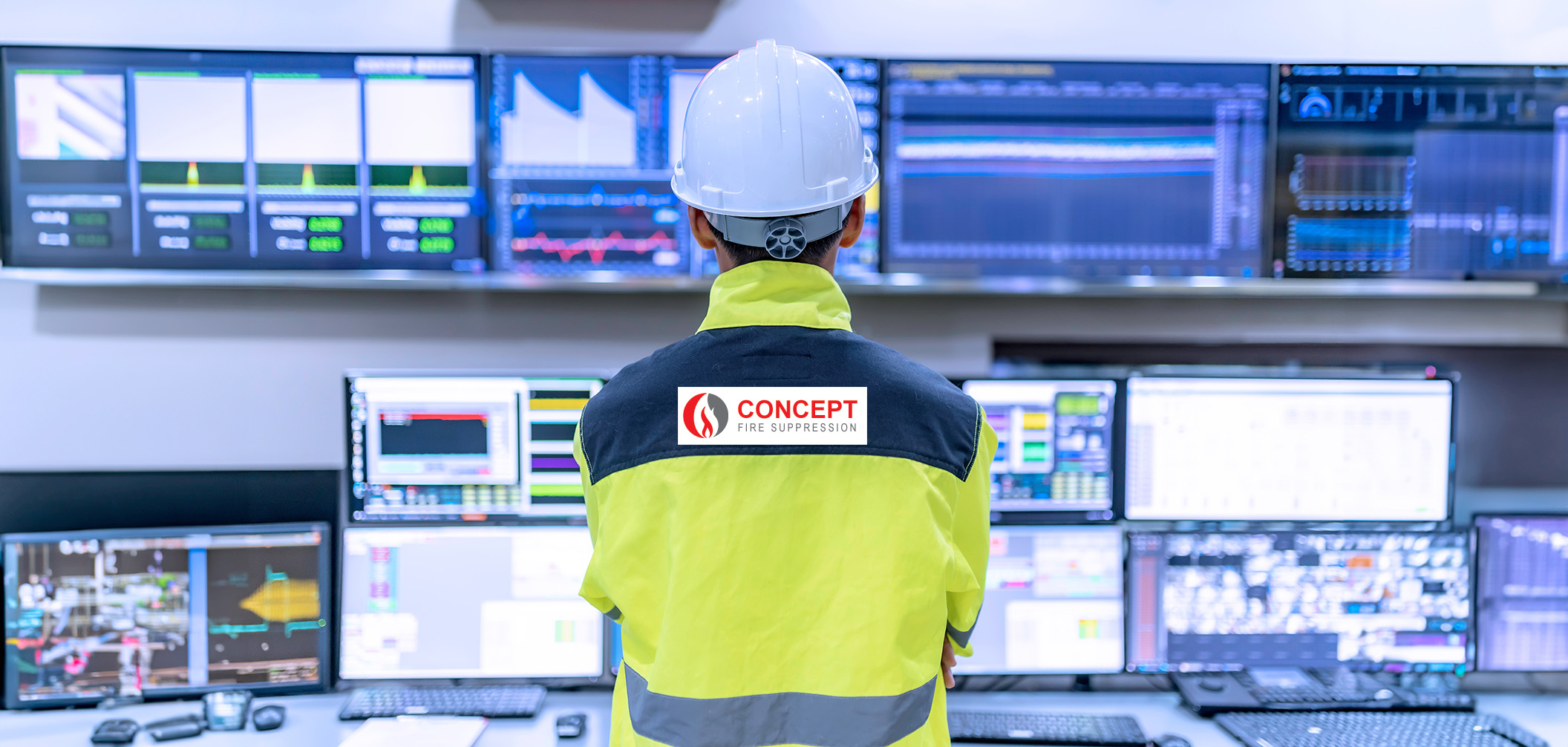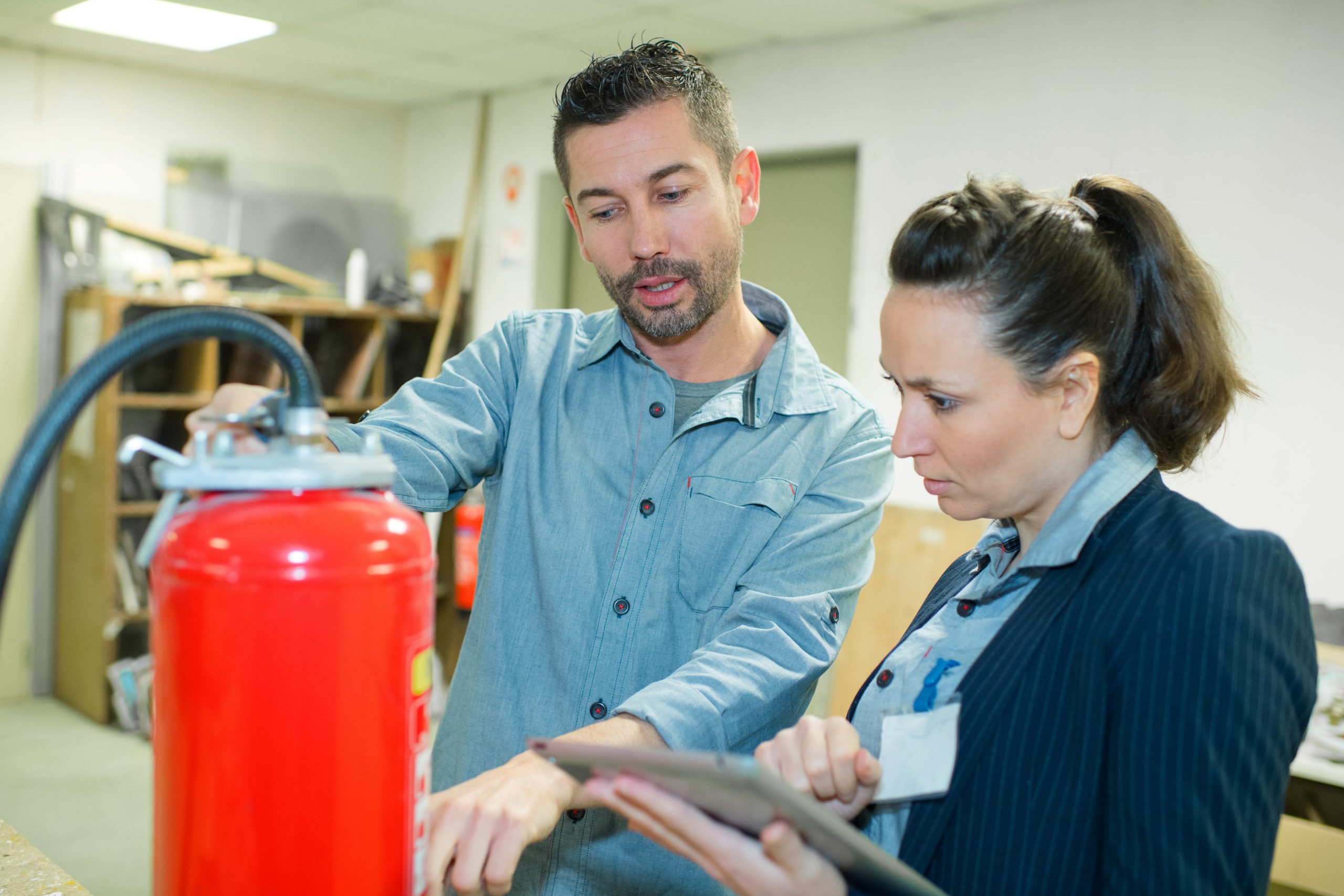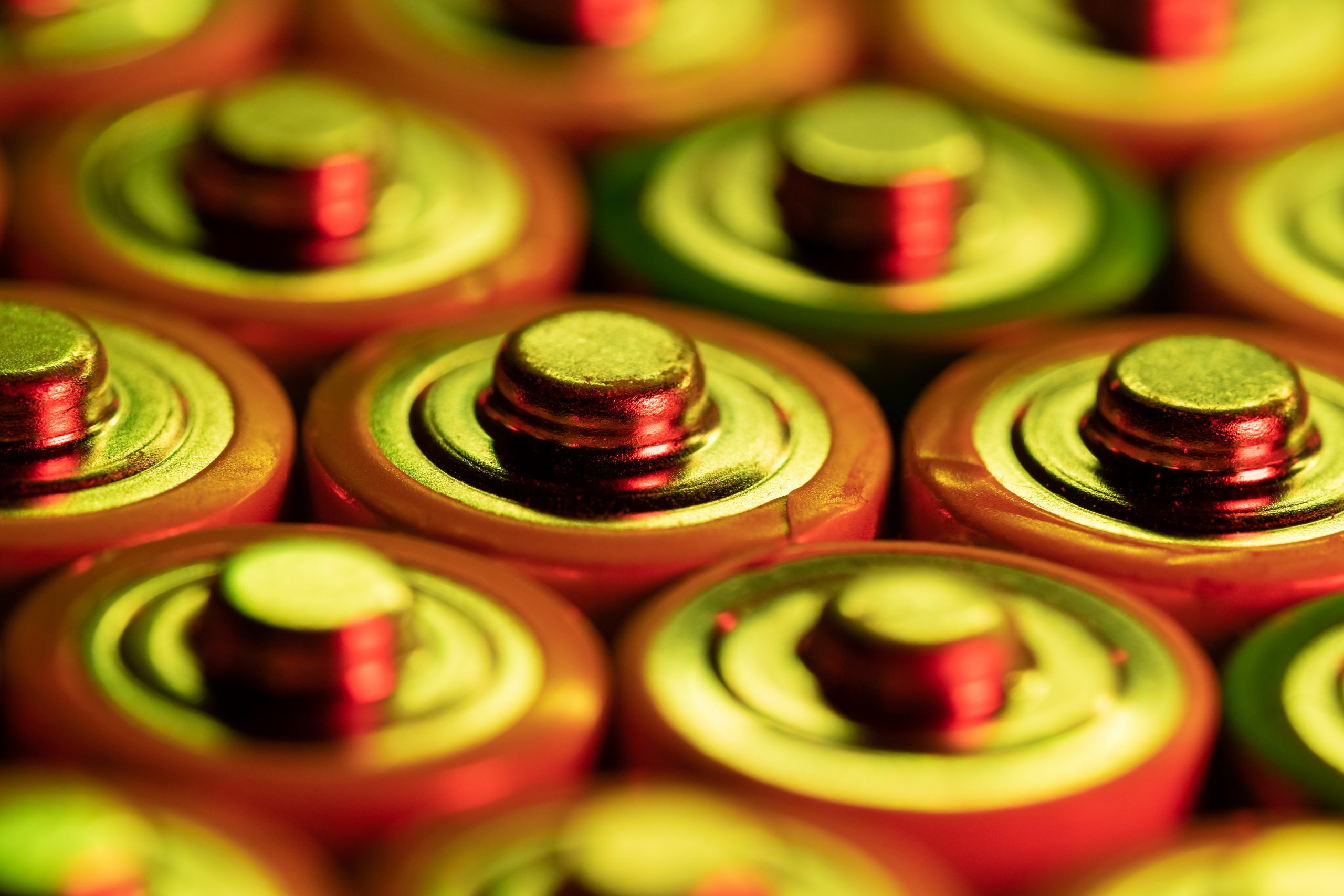17. Maintenance and Inspections: Keeping Fire Suppression Systems Reliable
Regular maintenance and inspections are essential for ensuring the reliability and optimal performance of fire suppression systems. By conducting routine maintenance and thorough inspections, you can identify potential issues, address them promptly, and maintain the effectiveness of your fire suppression system. Let’s delve into the importance of maintenance and inspections and highlight key practices to keep your system reliable:
1. Preventive Maintenance:
Preventive maintenance involves scheduled inspections and servicing to proactively identify and resolve potential problems before they escalate. Regularly scheduled maintenance tasks may include checking system components, verifying pressure levels, testing alarms, and ensuring the integrity of detection devices. By conducting preventive maintenance, you can maximise the operational readiness of your fire suppression system.
2. Qualified Service Providers:
Engaging qualified fire suppression specialists for maintenance and inspections is crucial. These professionals have the knowledge and expertise to thoroughly assess system components, conduct necessary tests, and identify any maintenance or repair needs accurately. Working with experienced service providers ensures that your fire suppression system is serviced by professionals familiar with the latest industry standards and guidelines.
3. Inspection Frequency:
The frequency of inspections may vary depending on factors such as the system type, environment, and applicable regulations. It is important to consult the manufacturer’s recommendations, relevant standards, and local fire codes to determine the appropriate inspection intervals for your specific fire suppression system. Regular inspections help ensure compliance, early issue detection, and optimal system performance. In the UK the minimum frequency for inspections is twice a year.
4. Functional Testing:
Functional testing involves testing various system components to ensure they are operating as intended. This may include activating detection devices, testing alarm signals, simulating system discharge, and verifying proper agent distribution. Functional testing confirms that your fire suppression system is fully functional and ready to respond effectively in the event of a fire.
5. Documentation and Recordkeeping:
Accurate documentation and recordkeeping are crucial for maintaining a comprehensive history of maintenance activities and inspections. Keep detailed records of maintenance schedules, inspection findings, repairs, and any system modifications. These records serve as a valuable reference, assist in troubleshooting, and demonstrate compliance with applicable regulations.
6. Training and Education:
Fire suppression system maintenance should be carried out by trained personnel who have the necessary knowledge and skills. Regular training and education ensure that maintenance technicians stay up-to-date with the latest industry practices, equipment advancements, and safety procedures. Well-trained technicians can conduct maintenance tasks accurately and efficiently, contributing to the reliability of the system.
7. Collaboration with System Manufacturers:
Establishing a collaborative relationship with the manufacturer of your fire suppression system can provide valuable support for maintenance and inspections. Manufacturer recommendations, technical support, and access to genuine replacement parts can enhance the reliability and longevity of your system.
By prioritising regular maintenance and inspections, you can identify and address potential issues promptly, ensuring that your fire suppression system remains reliable and effective in protecting lives and property. These practices contribute to a safe environment and provide peace of mind, knowing that your system is ready to respond in case of a fire emergency.
In the next section, we will explore fire suppression system design considerations, highlighting key factors to consider when implementing a new system or upgrading an existing one. Join us as we continue our journey through the world of fire suppression and its critical role in fire safety.
To go back and read again 16. Limitations and Considerations: Factors to Keep in Mind or to go forwards go to 18. Benefits of Fire Suppression Systems: Protecting Lives and Property you will have to wait until tomorrow.
If you have any queries please contact us now!







